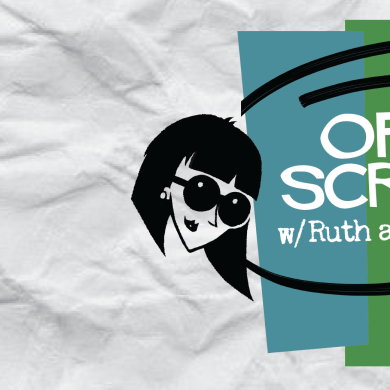By CreativeFuture
“Matt Mason must have a guilty conscience,” CreativeFuture Executive Director Ruth Vitale wrote today in a Billboard Magazine op-ed, while challenging BitTorrent to use some of its technical know-how to combat the misuse of its protocol for piracy.
Last week, Mason made the laughable claim that his company was “handing back control of Internet commerce back to creators and fans.”
Vitale wrote, in part:
Mason is desperately trying to convince artists that distributing their creative works through BitTorrent is commercially viable. Of course, as Chief Content Officer at BitTorrent, that’s his job.
It must be a really difficult one. On the one hand, BitTorrent boasts 170 million users. That’s a big number. On the other hand, studies have shown that virtually 100% of all of the files shared on networks using BitTorrent are likely unauthorized. People do not generally save up their money for a shopping spree at BitTorrent, because everything is “free.”
I call it “BitTorrent Math” – where 170 million users times “free” somehow equals artists getting paid.
Vitale has previously called on BitTorrent to publicly condemn the misuse of its protocol for piracy and to use some of its technical expertise toward finding a solution, but the company has so far made no effort to do so.
If BitTorrent is truly sincere in its concern for creators’ rights, they should show leadership. There are simple, proven, and accessible tools that BitTorrent could use to filter content into its client – the kind used by mainstream online companies such as Shazam, YouTube, and iTunes Match. They could also filter and subsequently not publish peers for unauthorized content.
While Vitale acknowledges that creators like Thom Yorke have every right to experiment with distribution strategies, including by partnering with BitTorrent, she questions the benefits of making that choice.
Matt Mason and BitTorrent need creators for their redemption. If it means more artists getting paid for their time, energy, and talent, I am all for it. The question is: With all the other new and emerging ways to legally distribute content, using tools that respect creators’ rights rather than take them away, do creators really need BitTorrent?
Read the complete post here.



